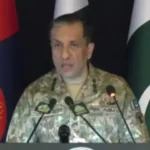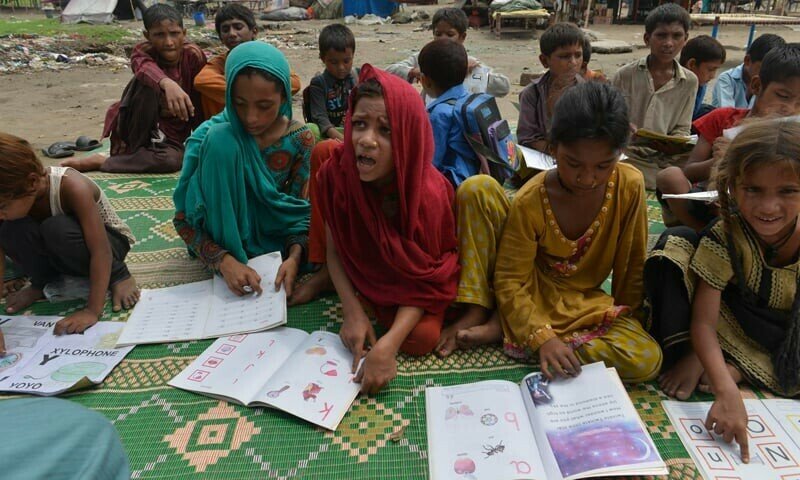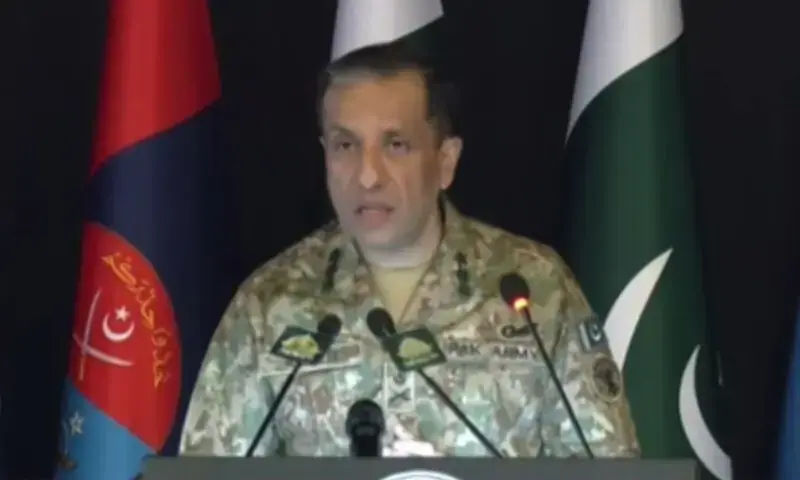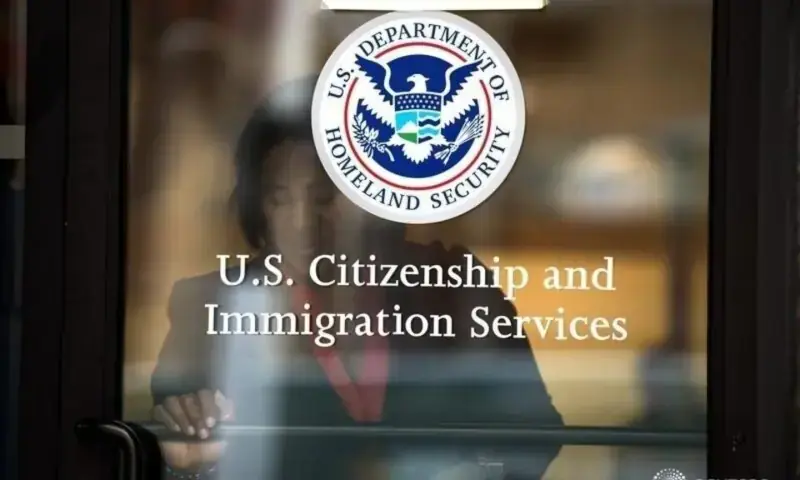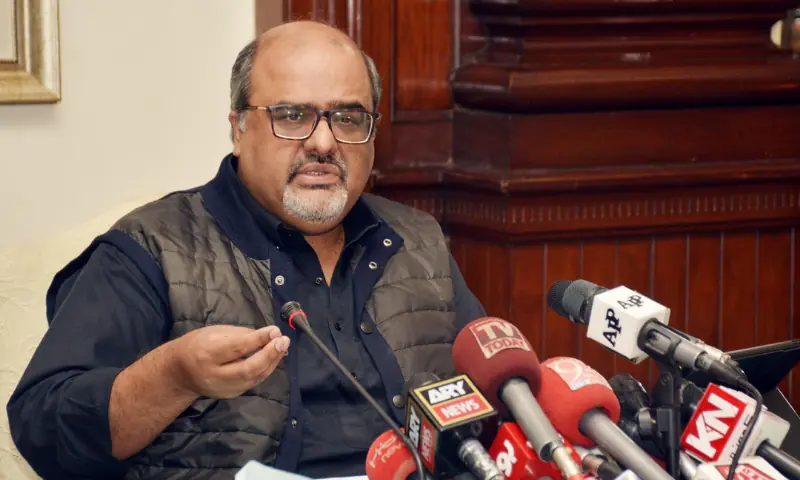The abrupt decision of the Trump administration to terminate foreign aid, including financing through the United States Agency for International Development (USAID), delivered a shake to the social sector of Pakistan, forcing many organizations to stop projects, fire the staff and climb operations.
Days after starting his second term in January, Trump announced a pause in all foreign assistance under his “America First” policy. The measure deepened even more in an already challenging financing environment in Pakistan, where donor fatigue and changing priorities have marked global aid currents in recent years.
Even so, the development sector has managed to absorb initial shocks. Experts say that a change in the strategy, reinforced by the growing support of the Pakistani diaspora and government contributions, has helped NGOs keep their job alive.
“The Pakistan decades development sector, particularly the big NGOs, has deep roots and is looking for a multisectoral and multidonor approach to avoid dependence on one or a few donors,” said Naseer Memon, an expert in social sector based in Islamabad.
Although Usaid was not the only donor for development initiatives, his sudden retirement interrupted several key health, education and community welfare projects, Memon said. Anadolu.
However, local NGOs quickly adapted to diversifying their sources of financing and depending more on national support and based on diaspora to avoid a complete collapse.
European nations have also financed programs focused on religious harmony and democratic governance, particularly during the “war on terror” after September 11, helping to expand the country’s donor landscape, Memon added.
Restructuring and resilience
Another factor that has helped local NGOs, according to Memon, is government financing for a series of social sector projects.
An important recipient of the USAID funds, the Rural Support Organization of Sindh (Srso), was forced to close three health projects after the freezing of funds, two of which were in full swing and one just beginning.
Mohammad Dittal Kalhoro, head of Srso, said his organization had to put aside several staff members, but almost 90 percent became working in a matter of months through the restructuring of projects and cost reduction.
“Either we delay or remote employees [affected by USAID cuts] For other projects where we had a cushion or new projects that we launched later, ”Kalhoro told Anadolu.
USAID restored one of the previously detained projects in June, allowing greater receptive and expansion, he added.
Diaspora intensifying
Increasingly, NGOs depend on the funds of the Pakistani diaspora. More than eight million Pakistanis live abroad, mainly in the United States, Europe and Gulf States, and send home more than $ 30 billion in remittances every year.
This financial life line is now helping beneficial organizations and NGOs to complete water health, education and projects, particularly in unattended rural areas, Memon said.
Ali Mohsin, a Pakistani-Canadian engineer, has been raising funds for an eye hospital in the direct district of Khyber Pakhtunkhwa. Between 2012 and 2024, Canadian Pakistani helped complete 12 important projects in health, education and clean water, while another 10 are underway only this year, said Mohsin, who works with the Al-Khidmat Foundation.
Umair Idris, director of the Foundation, also emphasized the importance of diaspora financing, saying that 35 % of the budget of the beneficial organization now comes from Pakistani abroad, a 10 percent increase from 2020 levels.
The Citizens Foundation, which directs a network of more than 2,000 schools throughout the country, has also seen high diaspora support.
“Previously, we would receive 30 percent of our Pakistani general funds abroad,” Kassim Chhapra, founding director of the organization, told Mushtaq Kassim Chhapra, Anadolu.
“This part has increased to around 40pc to 42pc in recent years, particularly because (Pakistani abroad) they have confidence and confidence in our work.”
Global Aid Declive
The tension in the social sector of Pakistan is part of a larger global trend. Trump’s freezing about American aid, the world’s largest donor group, caused similar budget cuts from other countries, leaving the international development community fighting.
The global gin headquarters recently announced that it would reduce the $ 1.4 billion of previously approved subsidies, citing uncertainty about donor commitments.
Memon said that Pakistan’s help flow had already been decreasing due to the country’s foreign financing law, aimed at regulating international subsidies and avoiding money laundering. While the law was destined to increase transparency, many NGOs found it heavy, determining further foreign donors.
The Government, on the other hand, said that the law was necessary to verify the sources and objectives of foreign funds in Pakistan.
The new global crises have also diverted attention and resources. Wars in Ukraine, Sudan and, more recently, Gaza]4 have attracted the focus of donors in other places. Despite these challenges, experts agree that the Pakistan development sector has shown a surprising resilience in the navigation of a new era of restricted international support.


